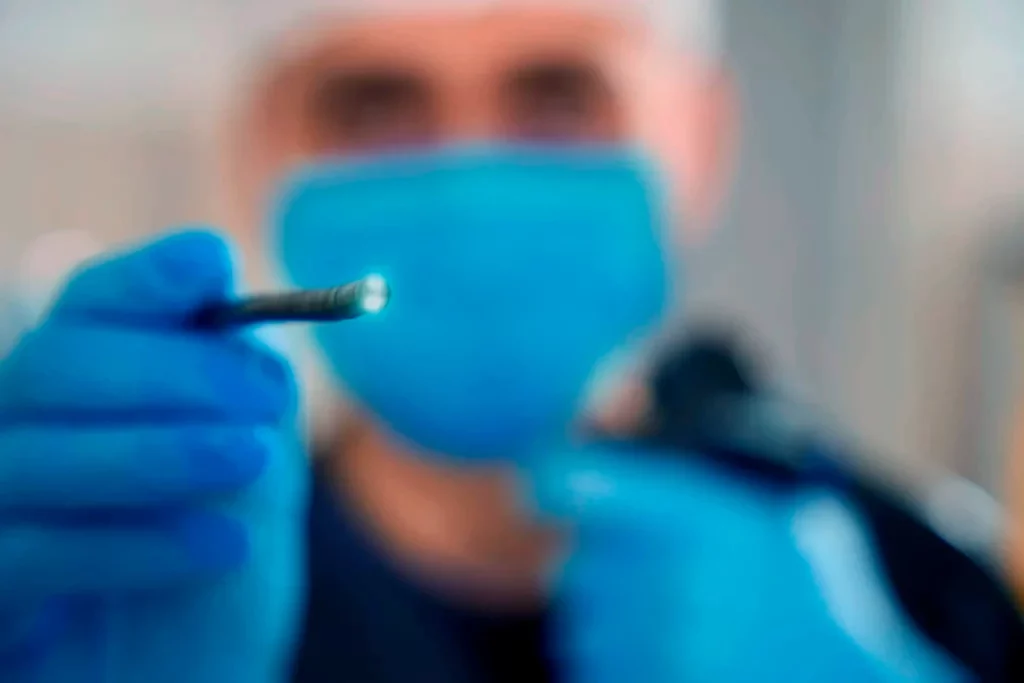When asking what endoscopy is for, the answer is that it’s a procedure that allows internal visualization of the body using a flexible tube with a camera, known as an endoscope.
What Is Endoscopy Used For?
Endoscopy serves multiple purposes and may be ordered by a physician to diagnose or treat a disease, but it can also be used as a preventive or follow-up tool.
Depending on the part of the digestive tract being examined, the doctor may choose between an endoscopy or colonoscopy—the latter being a similar procedure focused on the lower digestive system.
Thanks to endoscopy, biopsies can be performed, allowing tissue samples to be collected for diagnosing conditions such as cancer. Endoscopy can also help determine the cause of certain signs or symptoms.
Thanks to endoscopy, biopsies can be performed, allowing tissue samples to be collected for diagnosing conditions such as cancer. Endoscopy can also help determine the cause of certain signs or symptoms.
For certain conditions, even when treatment is already underway, a detailed internal check may be necessary to assess progress or detect recurrence. This can help inform adjustments for more effective treatment.
You might wonder how an endoscopy is performed. In general, it’s a simple procedure, although it involves several steps. The patient will need to prepare in advance, as instructed by their physician.
During the procedure, the patient is typically sedated or under anesthesia, allowing the gastroenterologist to conduct a thorough examination comfortably.
Recovery is quick. Patients typically wake up feeling drowsy or disoriented at first, but this wears off quickly.
How Long Does an Endoscopy Take?
You might wonder how an endoscopy is performed. In general, it’s a simple procedure, although it involves several steps. The patient will need to prepare in advance, as instructed by their physician.
Generally, a gastrointestinal endoscopy lasts about 15 to 30 minutes, but this doesn’t include prep and recovery time.
Is Endoscopy Dangerous?
If you’ve been scheduled for this procedure, you may wonder: Is endoscopy painful? It’s a valid concern, but because anesthesia or sedation is used, you won’t feel pain during the procedure.
You may also wonder whether endoscopy is a safe procedure. Like any medical procedure, it carries some level of risk, which may vary depending on the patient’s specific circumstances. However, it is considered very safe overall.
Although rare, potential complications include:
- Tearing of the gastrointestinal tract: An uncommon but possible tear in the esophagus or digestive tube.
- Infection: The risk is low, but slightly higher if other procedures are performed simultaneously; infections are usually minor.
- Allergic reaction: Some people may react to the sedative or anesthetic.
- Bleeding: The risk increases if a biopsy is taken or if a digestive issue is treated during the procedure.
At the ABC Medical Center’s Endoscopy Unit, we provide specialized care. Contact us to learn more about endoscopy and how we can help you!
Fuentes:
MedlinePlus, NIH, MSD Manuals



